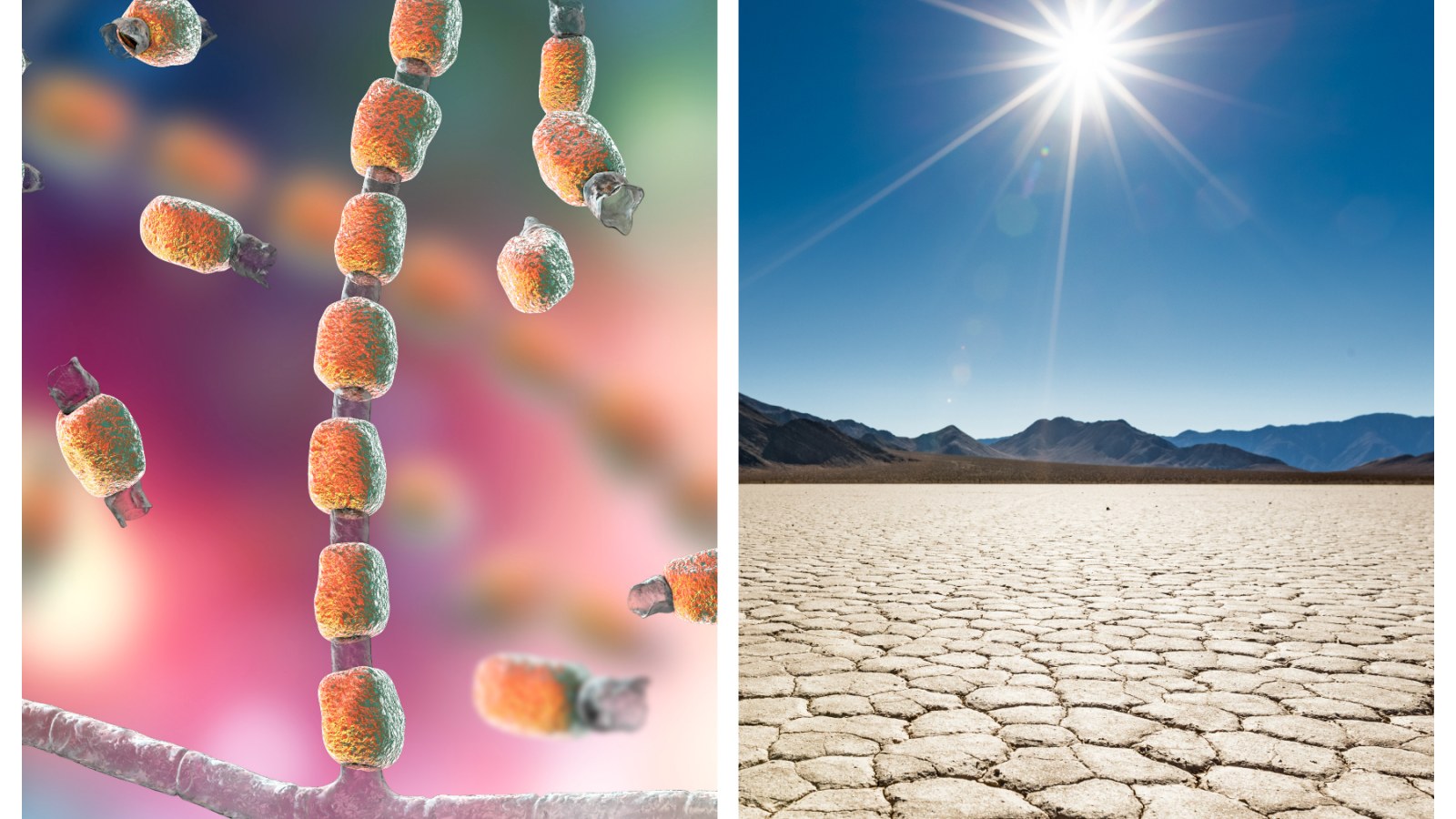Covering 87,500 km2 between France, Monaco and Italy, the Pelagos Sanctuary is the first transboundary area in the Mediterranean dedicated to the protection of marine mammals. The area, particularly rich in plankton, is home to a remarkable biodiversity, including several species of whales and dolphins.
The Pelagos initiative was launched in 2021 by the Prince Albert II of Monaco Foundation (PA2F), the World Wide Fund for Nature (WWF), the International Union for Conservation of Nature (IUCN) and the Mediterranean Marine Protected Areas Network (MedPAN). This partnership between some of the key civil society players in the Mediterranean funds and promotes activities for the protection, conservation and awareness of the Sanctuary, with the goal to support the implementation of the management plan of the Pelagos Agreement, established by the three countries responsible for the Sanctuary: France, Italy and Monaco.
The Mediterranean basin has been identified as climate-risk hotspot by the IPCC, with air and sea temperatures rising faster than in other regions, and with increasingly frequent marine heat waves, droughts and coastal flooding. When effectively managed, Marine Protected Areas can act as nature-based solutions, increasing the resilience of marine organisms and ecosystems to climate change. The higher the protection, the better will organisms and ecosystems be able to cope and continue to sustain productive fishing grounds and other ecosystem services.
In addition to protecting ecosystems, restoring degraded habitats, including blue carbon ecosystems such as Posidonia seagrass beds, can be part of the solution to adapt to climate change. More recently, the value of preserving large marine mammals such as whales has been put forward in the context of climate change. A whale could sequester up to 33 tons of CO2 during its lifetime, and the average value of a whale in terms of ecosystem services has been estimated at 2 million dollars.
Within the framework of the Pelagos Initiative, the UBS Optimus Foundation and UBS Monaco are joining forces with the Prince Albert II of Monaco Foundation to support projects within the Sanctuary with a specific focus on climate action.
Themes of the “Climate Action” call for projects:
This call for projects encourages submissions of projects that may include knowledge acquisition, conservation and restauration measures, lobbying/advocacy or awareness raising projects. For example:
- Knowledge acquisition:
- Potential for blue carbon-based adaptation to climate change in the Sanctuary (e.g. mapping of ecosystems, development of methodology for assessment/quantification/certification of blue carbon ecosystems and/or cetaceans);
- Impacts of climate change on marine mammal populations and their habitats within the Pelagos Sanctuary.
- Conservation and restoration measures:
- Direct protection of whales (e.g., geolocation of whales by acoustics or artificial intelligence to avoid collisions, measures to avoid by-catch);
- Reduction of the impact of maritime traffic (e.g., speed limits, use of alternative fuels);
- Reduction of other stressors, such as noise pollution, to increase the resilience of cetaceans to climate change;
- Protection and/or restoration of ecosystems within the Sanctuary, such as Posidonia seagrass beds (e.g., installation of ecological moorings).
- Lobbying/advocacy:
- Assessment of and lobbying actions to reduce overfishing, bycatch and destructive fishing, such as bottom trawling;
- Assessment of and advocacy actions around harmful subsidies.
- Awareness-raising actions:
- Development of tools and activities to raise awareness about climate change and climate action in the Pelagos Sanctuary;
- Development of tools and activities to raise awareness about blue carbon as a potential nature-based solution in the Pelagos Sanctuary.
Eligibility criteria:
The Coordinating Committee will select projects according to the criteria below:
- Projects must be consistent with the themes of the call for projects above;
- Projects that show a clear contribution to the implementation of the management plan of the Pelagos Agreement (2022-2027) will be prioritized;
- Projects must be located within the Pelagos Sanctuary. Priority will be given to projects covering at least 2 countries that are signatories to the Agreement;
- Priority will be given to projects which contain measurable mitigation and adaptation outcomes;
- Priority will be given to projects actively engaging/involving local communities;
- Priority will be given to projects aiming to create synergies (between countries, between MPAs, between themes, between actors…);
- Possible support ranges from 100 000€ and 300 000€ per project;
- Typical project duration should be 3 years;
- The financial support granted should not exceed 75% of the total budget of the project (projects with a minimum co-financing of 25% will be prioritized);
- Start date of projects: first quarter of 2024.
Project selection process and timeline:
- Submission of pre-application form: between 21 March and 21 May 2023.
- Selected projects will be notified by the end of June. Project leads will be invited to submit a complete application form, including a detailed budget, by 15 September 2023.
- Selected projects will be considered for funding starting from the first quarter of 2024.
To apply:
Please download and complete the Pre-application form.
The application must be sent before 21 May 2023




